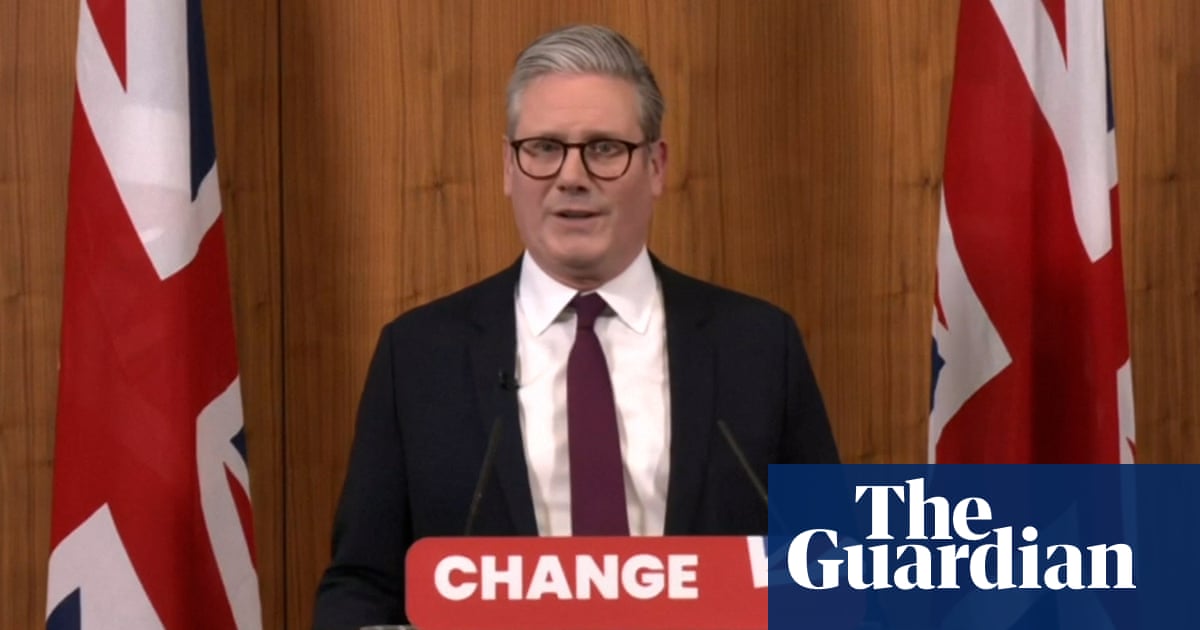
Yemeni Prime Minister Ahmed Obeid bin Daghr condemned the smuggling of ballistic missiles by Iran and Houthi militias, which he said were threatening the security of Yemen and Saudi Arabia.
In an interview with Asharq Al-Awsat, Bin Daghr said that Iran has incited the Houthis to revolt, provided them with money, weapons, training and media support, and exploited sectarian disparities in the country.
“The most dangerous type of smuggling is the smuggling of ballistic and anti-aircraft missiles. These types of missiles have threatened the security of Yemen and the Kingdom in particular. The longer the war lasts, the more Houthis will gain strength and become more entrenched,” he stated.
The Yemeni premier stressed that the launch of the Decisive Storm was a strategic decision in the history of the nation and a necessary war to protect the country from Persian ambitions.
He noted that the war in Yemen has lasted for three years, “because the Houthis’ regional supporters gave them the means to resist to this day.”
Bin Daghr warned against Iran’s threats to the region, saying that Iranians have tried to control parts of the Arab world and describing the Houthis as Tehran’s representatives in Yemen.
“The Iranians have posed a constant threat to the security of the Arabian Peninsula. For centuries, the Iranians have tried to take over parts of the Arab world, particularly in the East. They have deepened hatred for the Arab identity, practiced religious misinformation and poisoned Arab relations, exploiting our sectarian differences,” he remarked.
On the local level, Bin Daghr denied the presence of any direct or indirect talks with the transitional council in South Yemen, due to the latter’s “insistence on the use of force to impose its opinion on the different political factions.”
“This situation does not allow for dialogue with a party that imitates the Houthis in their behavior. In order to reach an agreement, the transitional council should relinquish its weapons and renounce violence to reach power,” he said.
Asked about his role in reviving the General People’s Congress following the assassination of former President Ali Abdullah Saleh, and whether the government would seek the lifting of UN sanctions against Saleh’s son, Ahmed, the premier replied: “We will prevent the division or destruction of the party, we will not allow its subjugation to the enemy, and we will restore its position in the political and democratic life in the country.”
He continued: “We will certainly reject sanctions against any member of the party and we will urgently call on the international community to lift the sanctions on Ahmed Ali Abdullah Saleh. We will turn the page of differences between us and we will build a spirit of tolerance among the members.”
On whether his government was ready to hold direct political dialogue with the different disputing parties, Bin Daghr said that dialogue was possible only if the Houthis explicitly accepted the Gulf Initiative and its implementation mechanism, the outcome of national dialogue and Security Council Resolution 2216, as the bases for any dialogue.
The prime minister emphasized Saudi Arabia’s generous support to Yemen, which he said has prevented the collapse of the Yemeni currency.
He noted in this regard that an agreement was recently signed between the Kingdom and the Yemeni Central Bank regarding the means to use a $2 billion Saudi deposit to secure the stability of the Yemeni Riyal and provide food and medicine in the first place.
“We have seen a significant improvement in the past days in the exchange rate of the Yemeni riyal against other currencies, and this improvement will directly benefit the income of individuals and groups… and prevent the collapse of the country’s economy,” the premier said.










